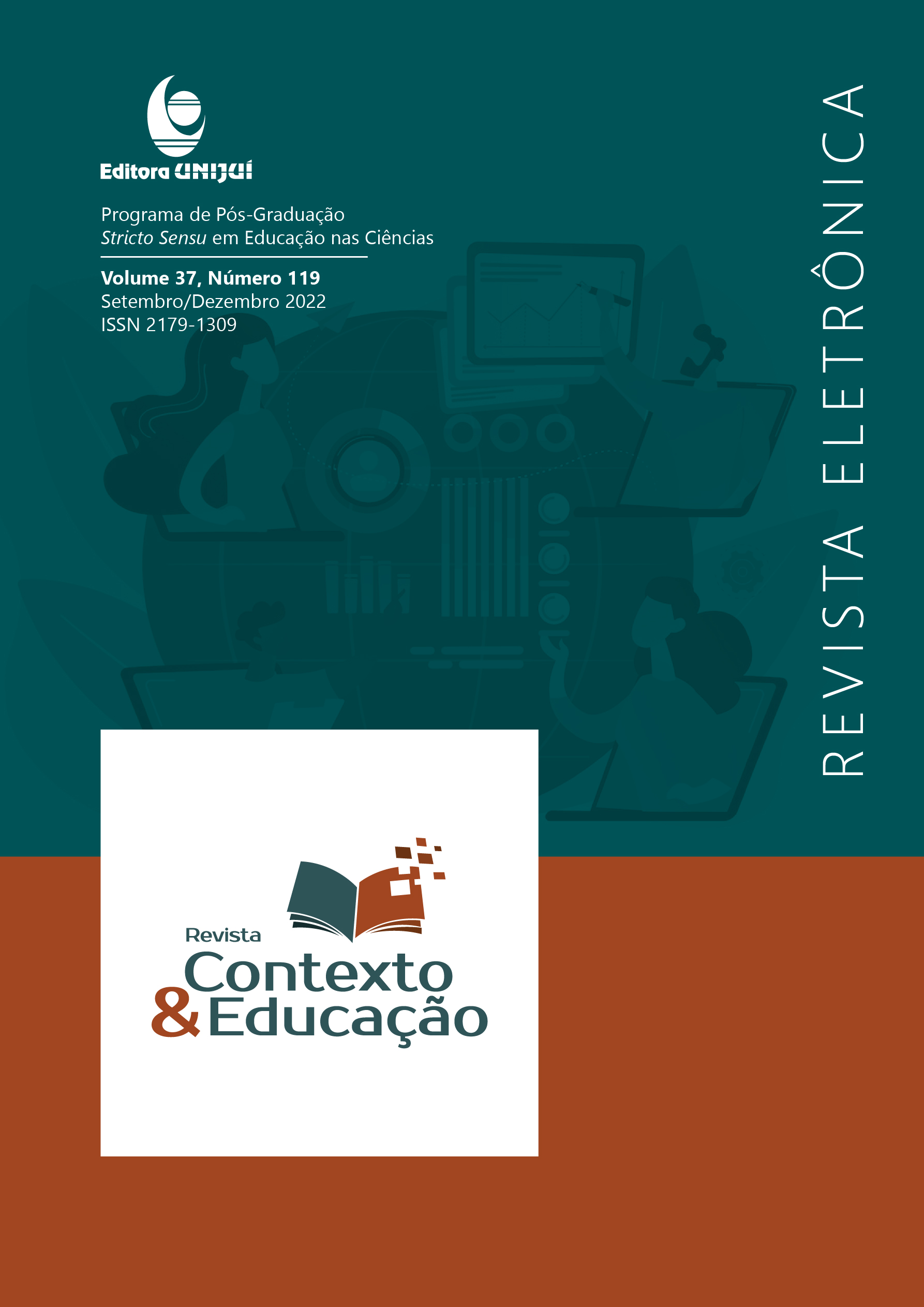Professional and technological education and teacher training: a journey of transformation and resistance
DOI:
https://doi.org/10.21527/2179-1309.2022.119.13183Keywords:
Professional and Technological Education; Teacher Formation; Work and EducationAbstract
This article aims to discuss teacher formation for technological professional education (EPT) from a historic perspective, in its first manifestations and the challenges faced in this historic moment. This framework is built with the intention of revealing the reality evidenced in discussions about the formation of teachers in the context of EPT, in which, since their original formation, they see themselves far from theoretical concepts that discuss the world of work and its intrinsic relation to the world of education. Added to that, public policies are still insufficient for the adequate continuous formation, intensified nowadays in our country, with policies that devalue education in general. Besides, the offered actions are mostly fast and fragmented for a constant diagnosis of the need for qualification and appreciation of these professionals. It is in this scenery that the teacher, characterized as a worker who needs a solid formation, is routinely challenged to ensure a solid and whole human construction to their students, a formation that overcomes the mere adhesion to the needs of an increasingly exploratory market in this historic moment.
Downloads
Published
How to Cite
Issue
Section
License
Copyright (c) 2022 Revista Contexto & Educação

This work is licensed under a Creative Commons Attribution 4.0 International License.
By publishing in Revista Contexto & Educação, authors agree to the following terms:
All works are published under the Creative Commons Attribution 4.0 International License (CC BY 4.0), which allows:
Sharing — to copy and redistribute the material in any medium or format;
Adaptation — to remix, transform, and build upon the material for any purpose, even commercially.
These permissions are irrevocable, provided that the following terms are respected:
Attribution — authors must be properly credited, a link to the license must be provided, and any changes made must be indicated.
No additional restrictions — no legal or technological measures may be applied that legally restrict others from doing anything the license permits.
Notices:
The license does not apply to elements that are in the public domain or covered by legal exceptions.
The license does not grant all necessary rights for specific uses (e.g., image rights, privacy, or moral rights).
The journal is not responsible for the opinions expressed in the articles, which are the sole responsibility of the authors. The Editor, with the support of the Editorial Board, reserves the right to suggest or request modifications when necessary.
Only original scientific articles presenting research results of interest that have not been previously published or simultaneously submitted to another journal with the same purpose will be accepted.
Mentions of trademarks or specific products are intended solely for identification purposes and do not imply any promotional relationship by the authors or the journal.
License Agreement (for articles published from October 2025): Authors retain the copyright to their article and grant Revista Contexto & Educação the right of first publication.


